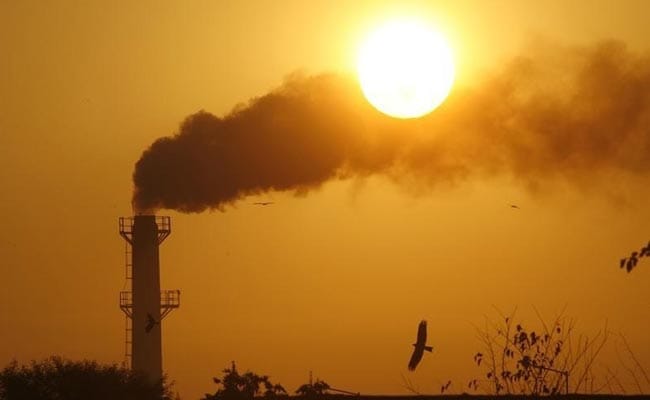
Ahead Of COP26, India Faces Flak But Refuses To Be On Backfoot
NDTV
In its report to the UN, India makes it clear that its responsibility towards mitigation of green-house gases emissions is low, "by any equitable measure of responsibility".
In a few days the mega climate conference at Glasgow will begin and it's not an exaggeration to say that the future of life on the planet is at stake. There won't be any superheroes to save the world, but hardnosed negotiations and diplomacy with no guarantee of an agreement.
To an outsider these COPs (or Conference of Parties at the United Nation's climate change platform) tend to be insanely complex. But sifting away the layers of complexities, just where does India stand? Prime Minister Narendra Modi will be attending a G20 meeting on climate change ahead of the conference and the conference itself.
Historically, India has had a morally strong argument but here on it runs the risk of being on the wrong side of history. A key document for Delhi's strategy is India's biennial self-assessment report card submitted to the UN earlier this year, but since then the ground has shifted tremendously and the country has slipped in some climate ratings.
In its report to the UN, India makes it clear that its responsibility towards mitigation of green-house gases emissions is low, "by any equitable measure of responsibility". It says that between 1850 and 2017, India has only contributed about 4 per cent to global cumulative emissions. In fact, in recent decades, Delhi's assertion is that India has consumed far less than its fair share of the global carbon budget, while rich countries have consumed much more.

 Run 3 Space | Play Space Running Game
Run 3 Space | Play Space Running Game Traffic Jam 3D | Online Racing Game
Traffic Jam 3D | Online Racing Game Duck Hunt | Play Old Classic Game
Duck Hunt | Play Old Classic Game